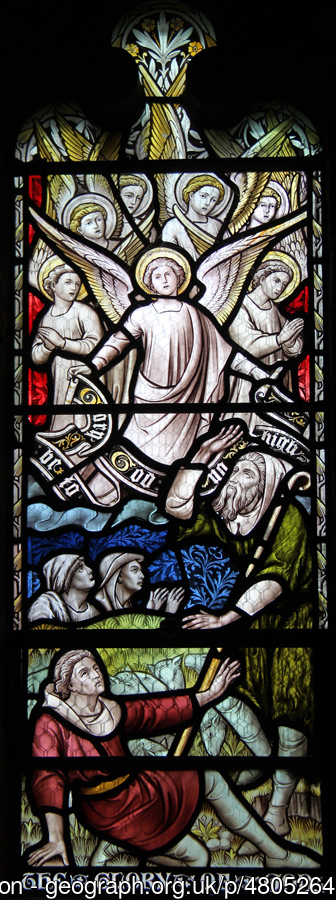Today is the Feast of the Epiphany when we celebrate the revelation of God in the birth of Jesus. It’s also a festival of light, both in the spiritual sense of enlightenment, of seeing the world in a new way in the ‘light’ of God’s presence, but also (in the northern hemisphere) marking the latest time of sunrise – 08.40 this morning where I live – after which the days get lighter again.
The hymn I have chosen appears in the ‘Epiphany’ section of the hymn book, although it doesn’t directly address either of those uses of the idea of of light – the literal sunrise, or the birth of Jesus. Instead it takes another way in which the Bible uses the idea of light, when it speaks of the new creation (or ‘New Jerusalem”) to come at the fulfilment of time, a creation in which there will be no violence, no pain, no tears, no death, and also no darkness: “the city has no need of sun or moon to shine on it, for the glory of God is its light, and its lamp is the Lamb” [i.e. the sacrifice of Jesus] Rrevelation 21:23).
This looking forward to a time of perfection is an attractive proposition at a time of pain, isolation and death from the Coronavirus, and a national lockdown in England occurring in the middle of winter. To some people it may be seen as just wishful thinking, but as we saw yesterday with the divinity of Christ and the Communion of Saints, these are very much matters of faith. If we have faith in Jesus as the human incarnation of the eternal father, and in everlasting life with him for those who have died in that faith, then the idea of a whole new creation with Jesus as its light makes sense. And if you ask “what does faith look like?”, I refer you to my earlier blog post in December “Advent Faith” which you will find by scrolling down the recent posts.
